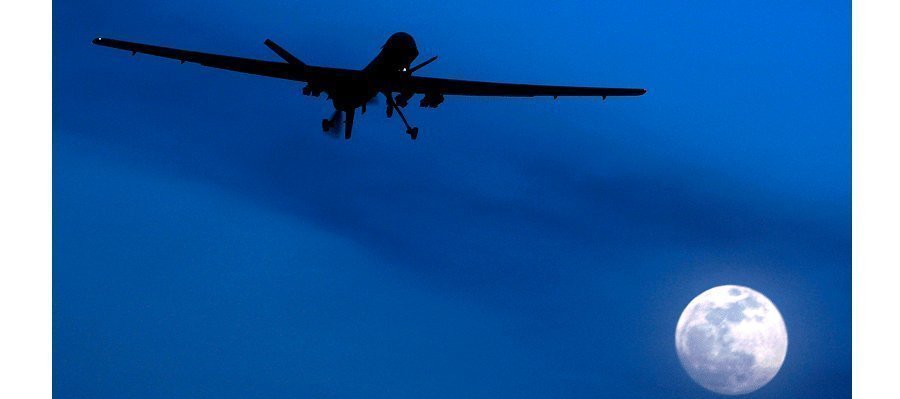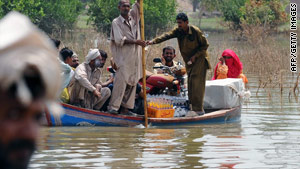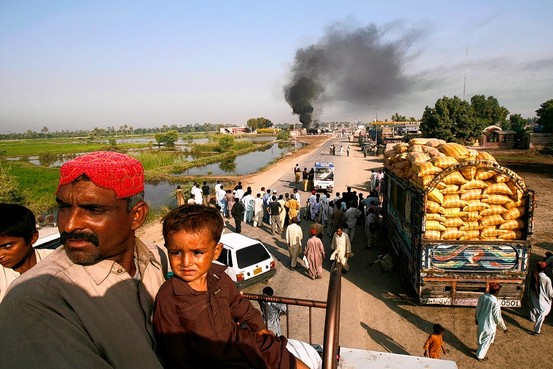Herbalist Dr MziziMkavu
JF-Expert Member
- Feb 3, 2009
- 42,318
- 33,125
 Play Video AP Bin Laden releases audio tape, wants aid relief
Play Video AP Bin Laden releases audio tape, wants aid relief -
 Slideshow:Osama bin Laden
Slideshow:Osama bin Laden -
 Play Video Pakistan Video:NATO Oil Tankers Ablaze After Militant Attack in Pakistan FOX News
Play Video Pakistan Video:NATO Oil Tankers Ablaze After Militant Attack in Pakistan FOX News -
 Play Video Pakistan Video:Raw Video: NATO Tankers Torched in Pakistan AP
Play Video Pakistan Video:Raw Video: NATO Tankers Torched in Pakistan AP
 AP This image from video provided by the SITE Intelligence Group shows the still picture of Osama bin Laden
AP This image from video provided by the SITE Intelligence Group shows the still picture of Osama bin Laden
By HADEEL AL-SHALCHI, Associated Press Writer Hadeel Al-shalchi, Associated Press Writer 2 hrs 57 mins ago
CAIRO Al-Qaida leader Osama bin Laden called for the creation of a new relief body to help Muslims in an audiotape released Friday, seeking to exploit discontent following this summer's devastating floods in Pakistan by depicting the region's governments as uncaring.
It was the third message in recent weeks from al-Qaida figures concerning the massive floods that affected around 20 million people in Pakistan, signaling a concentrated campaign by the terror group to tap into anger over the flooding to rally support.
But while the earlier messages by subordinates were angry, urging followers to rise up, bin Laden took a softer, even humanitarian tone apparently trying to broaden
al-Qaida's appeal by presenting his group as a problem-solving protector of the poor.
"What governments spend on relief work is secondary to what they spend on armies," bin Laden says on the 11-minute tape titled "Reflections on the Method of Relief Work."
"If governments spent (on relief) only one percent of what is spent on armies, they would change the face of the world for poor people," he said.
The top al-Qaida leader said a new "well-funded" relief organization should be created to study Muslim regions near bodies of water to prevent future flooding, to create development projects in impoverished regions and to work on farming and agriculture to guarantee food security.
"The famine and drought in Africa that we see, and the flooding in Pakistan and other parts of the world, with thousands dead along with millions of refugees, that's why people with hearts should move quickly to save their brothers and sisters," he said.
He urged Muslim businessmen to develop unused agricultural land in Sudan where bin Laden was based in the 1990s to boost food security in case of disaster.
The audiotape was posted on Islamic militant websites, according to the U.S.-based
SITE Intelligence Group, which monitors jihadi forums and provided a copy of the message. Its authenticity could not be independently confirmed, though the voice resembled that of bin Laden in confirmed messages by him. The tape is aired over a still photograph of a smiling bin Laden superimposed over a picture of a man distributing aid.
The United States and Pakistani officials have often expressed fears that militant groups in Pakistan could drum up support by exploiting frustration among Pakistanis who feel aid has not reached them quickly following the floods that swept through the country starting in late July.
International donors have pledged more than $800 million for flood relief in Pakistan, the bulk of it coming from the United States which has donated nearly $350 million. The United Nations last month hiked up its call for aid, seeking to raise $2 billion for Pakistan's flood victims, its largest humanitarian appeal ever.
Two earlier al-Qaida videos about the floods took a sharply militant tone.
In a video released last week, a U.S.-born al-Qaida spokesman, Adam Gadahn, urged
Muslims in Pakistan to join Islamist militants fighting their nation's rulers, saying that Islamabad's "sluggish and halfhearted" response to recent floods showed it did not care for them.
Before that, al-Qaida's No. 2 leader, Ayman al-Zawahri, made a thinly veiled call on Pakistanis to rise up against their government over what he said was the "failure" of authorities there to provide relief to flood victims.
Bin Laden often takes a more elevated, philosophical stance than his deputies, aiming to
present himself as a sort of elder statesman opining, for example, on global warming in past messages. Still, in his last audiotape released in March he threatened retaliation if the U.S. executes Khalid Sheikh Mohammed, the self-professed architect of the Sept. 11, 2001 attacks.
Source: Bin Laden uses Pakistani floods to drum up support - Yahoo! News

 Play Video
Play Video  Play Video
Play Video 



 Play Video
Play Video  Play Video
Play Video